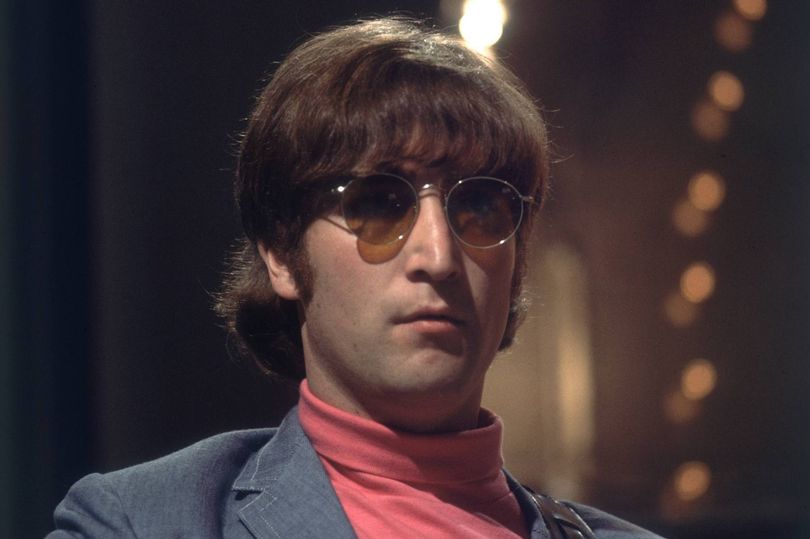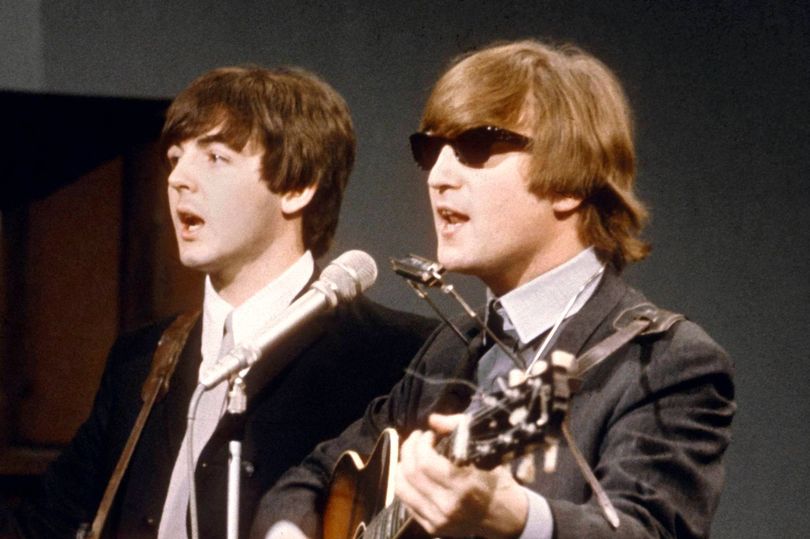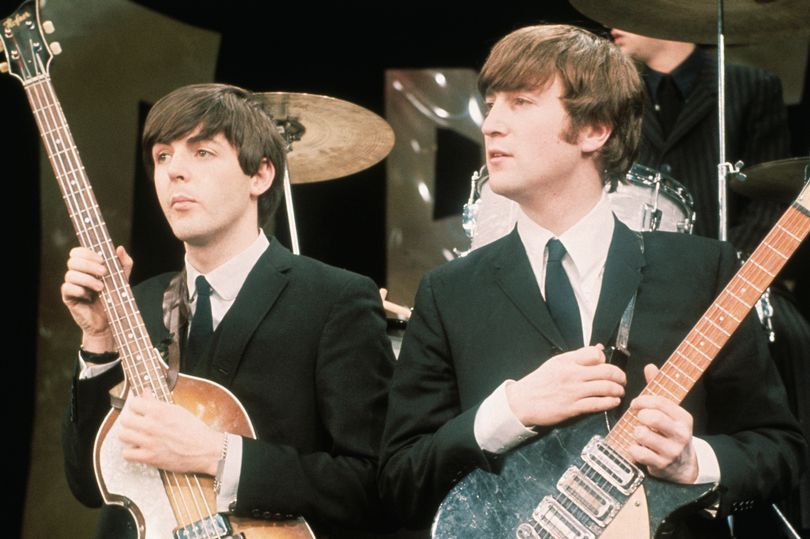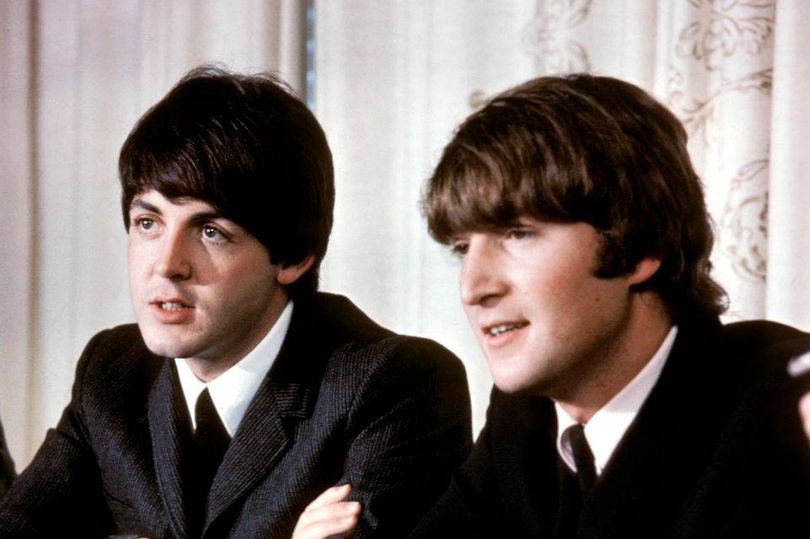
John Lennon’s Solo Legacy: A Debate on His Most Influential Work
Another user emphasized the album’s impact, stating, "Plastic Ono Band by a country mile, best album by a former Beatles and better even than all of the Beatles' albums." While some fans favored Plastic Ono Band, others argued for Walls and Bridges, which was released in 1974. This album featured contributions from notable musicians like Elton John, Harry Nilsson, and Jesse Ed Davis, and it marked a return to more melodic and accessible songwriting.
Fans praised Walls and Bridges for its diversity and musical depth. One enthusiast noted, "The songs are musically and thematically diverse. They are not all odes to Ono, or hymns to hippie causes. John was regaining his melodic gifts — and his life in general." Another fan highlighted the album’s standout track, "Number 9 Dream," calling it "John's best post-Beatles song."
Despite the strong case for Walls and Bridges, many still consider Plastic Ono Band to be Lennon’s most pivotal work. Some listeners found the album dense and complex, requiring multiple listens to fully appreciate. However, others appreciated its raw emotional honesty and innovative approach. As one fan put it, "Definitely Plastic Ono Band, although over the years and with more listens it becomes a bit dense, for specific moments. Although a less dense option is Walls and Bridges, simpler and with great moments."
While opinions may vary, there is no denying that both Plastic Ono Band and Walls and Bridges represent key chapters in Lennon’s solo career. Each album reflects different phases of his artistic journey, from the introspective and emotionally charged Plastic Ono Band to the more polished and collaborative Walls and Bridges.
Lennon’s legacy continues to inspire new generations of fans, and debates about his best work will likely persist for years to come. Whether it’s the raw vulnerability of Plastic Ono Band or the melodic richness of Walls and Bridges, each album contributes to the enduring impact of one of music’s most influential voices.










